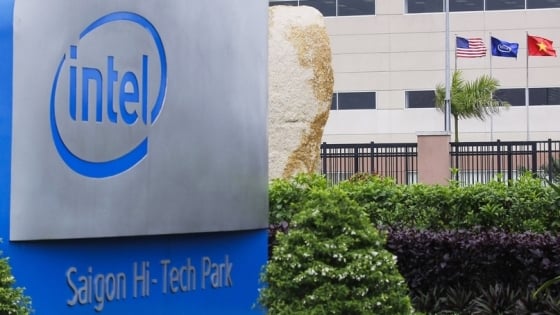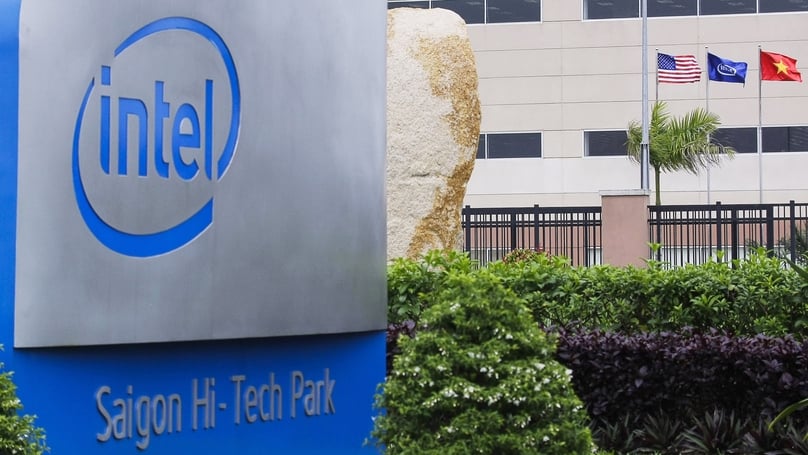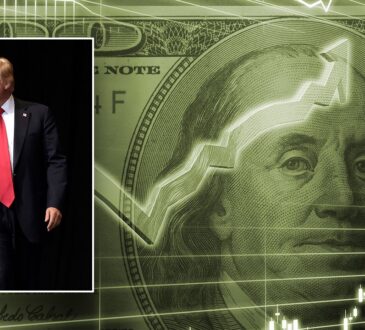Intel shuns Vietnam to invest $3.3 bln in Poland, Samsung could leave for India: ministry

By
Tri Duc
Wed, July 3, 2024 | 10:44 am GMT+7
Global giants, including Intel, LG Chemical, AT&S, Samsung, and SMC, are ignoring Vietnam to invest in other nations or are considering no more new investments in Vietnam, the Ministry of Planning and Investment has said.
In a report on the draft decree on the to-be-launched Investment Support Fund, the ministry stressed that Vietnam’s current policy offers limited investment support, with only income-based incentives, such as exemptions and reduction of taxes and fees. The upcoming Global Minimum Tax (GMT) will heavily impact Vietnam and prompt the country to update its legal framework.

Intel’s factory in Ho Chi Minh City. Photo courtesy of VTV.
In particular, the outdated legal framework has prompted global giants, which had previously proposed huge investments, to ignore Vietnam to invest in other countries. Notably, LG Chemical had proposed a battery production project and suggested Vietnam help with 30% of the production cost in cash, but eventually the firm opted to invest in Indonesia.
Similarly, Intel had suggested an investment of $3.3 billion in chip production, and asked Vietnam to pay 15% of the investment in cash, but finally decided to invest in Poland.
Austria Technologie & Systemtechnik Aktiengesellschaft (AT&S), a producer of high-end printed circuit boards, had conducted surveys and proposed investments, but then invested in Malaysia as Vietnam could not fulfill its investment support and high-tech workforce requirements, added the ministry, which oversees foreign investment.
The ministry also pointed out that other major investors in Vietnam are waiting for new policies before making further investments. If Vietnam cannot provide new support in line with the GMT, Samsung will relocate some production lines to India, and LG will halt a proposed $5-billion investment in the production of electronic items. Others waiting in the lobby are Japan’s healthcare item producer SMC and Taiwan’s Foxconn, Compal, and Quanta.
The ministry elaborated that Vietnam’s main draw for foreign direct investment (FDI) is its stable investment environment. As the GMT approaches, no updates to the legal framework would hurt Vietnam and reduce Vietnam’s attractiveness to foreign investors, the ministry stressed.
With the proposed Investment Support Fund, the ministry suggested the fund would utilize the additional tax incomes from the higher GMT. Other sources would include the state budget, donations, and interest incomes (if any).
Per the draft decree, the fund will provide support to high-tech businesses, businesses that produce high-tech equipment, businesses with high-tech applications, and businesses with research and development (R&D) centers.
The support will partly cover the costs of workforce development, R&D activities, investments in fixed assets, production of high-tech items, and investments in social welfare infrastructure.




